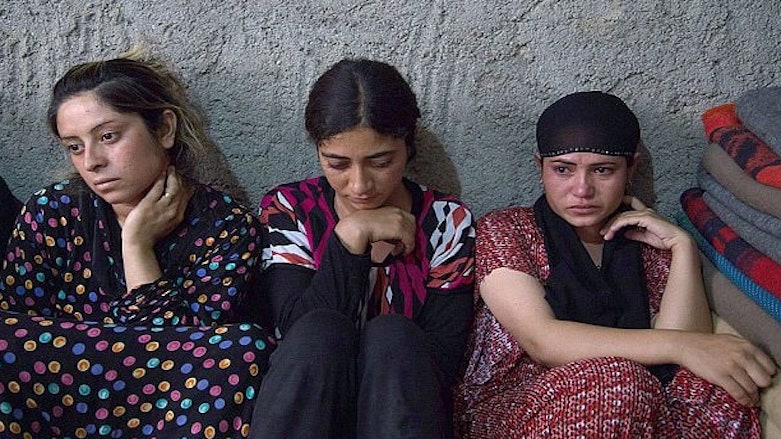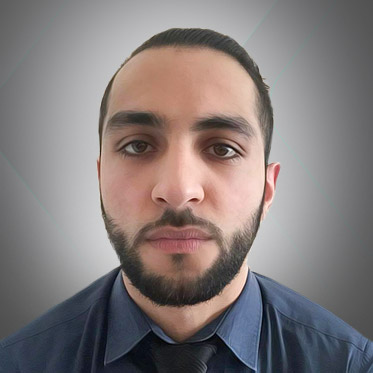Ezidi women suffering from complex disorder following IS trauma: Researchers

ERBIL, Kurdistan Region (Kurdistan 24) – A new study by researchers and experts at an Israeli university determined that Yezidi (Ezidi) women who experienced severe trauma under Islamic State (IS) captivity were suffering from a new, complex post-trauma disorder called C-PTSD.
While the psychiatric illness is similar to Post Traumatic Stress Disorder (PTSD), researchers at the Bar-Ilan University in Israel discovered that over 50 percent of female Ezidi former IS captives suffered from Complex-PTSD (C-PTSD).
“PTSD typically follows a single traumatic event, while C-PTSD is associated with prolonged trauma where one’s destiny is under another’s control and escape is unfeasible,” a report by the researchers explained.
When IS first emerged in 2014, they began taking over swaths of territory in Iraq and neighboring Syria, including the Ezidi-populated region of Sinjar (Shingal).
The extremist group was responsible for one of the greatest genocides of the Kurdish religious minority, murdering, kidnapping, and enslaving thousands of innocent people. Ezidi men were executed while the women were abducted and kept as sex slaves.
“As opposed to PTSD, which can be triggered by trauma reminders, C-PTSD is conceived to be a more deeply-rooted disorder that affects the very core of one’s self-organization,” the researchers noted.
The two-month study involved dozens of women, all in their twenties, from four refugee camps in the Kurdistan Region.
“This main finding of over 50 percent C-PTSD prevalence cannot be emphasized enough, as PTSD and C-PTSD require different therapeutic interventions,” Dr. Yaakov Hoffman, a professor at Bar-Ilan University who led the study, said.
The Bar-Ilan University team also said it plans on organizing a training program for Kurdish mental health workers in the Kurdistan Region so they can adequately treat those suffering from the disorder.
Hoffman emphasized on “the creation of an environment that is perceived by the former captives as protective, both on objective and subjective levels.”
The professor explained that the study involved “extensive cooperation” from experts in Israel and Germany, including researchers from the Erbil Psychiatric Hospital and Emma Organization for Human Development in Kurdistan.
